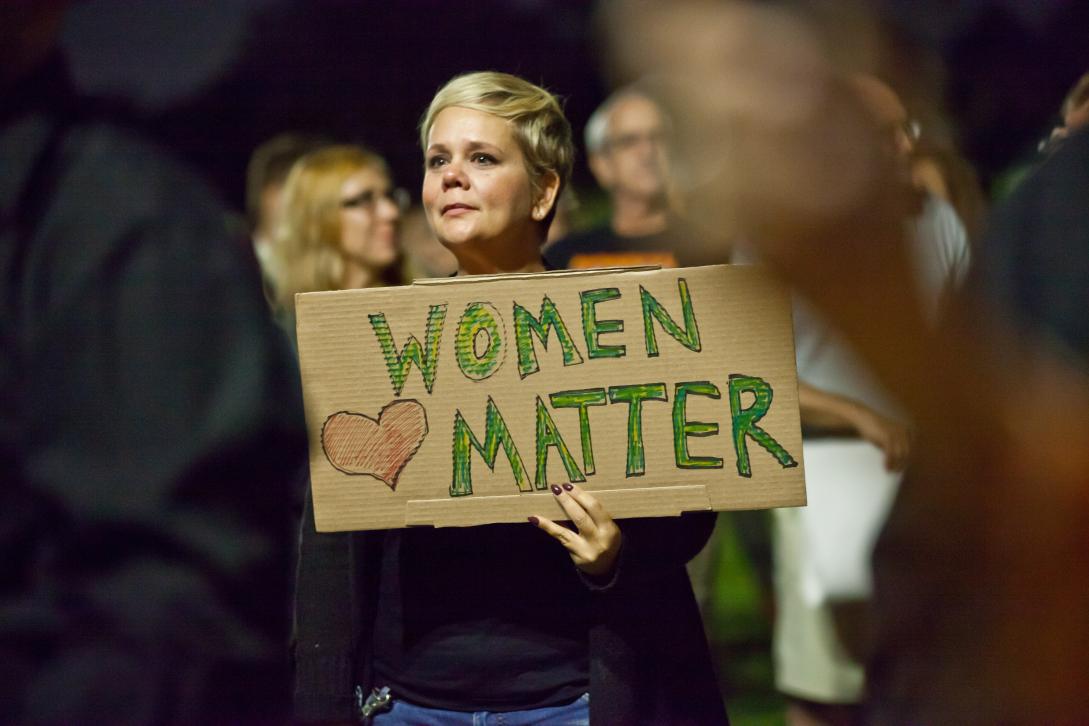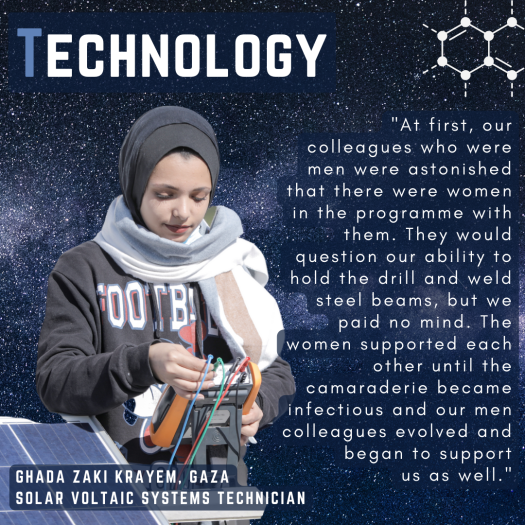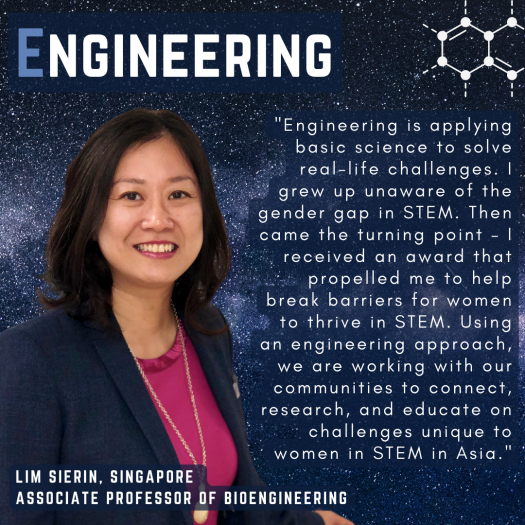Empowering women and tackling barriers to gender equality

On International Women's Day, we think of the resilience and strength of women. Their resolve to stand up against injustice. Their dedication to protect others. Their unrelenting strive for change. Not only today, but every day, we stand united with all women to build momentum for their rights across the globe. We want to empower women to pursue their life goals unhindered.
- Joint Statement by the Commission and the HR/VP
While there is much progress to celebrate, the current global situation is worrying. Many women and girls have to fight for their lives, for their rights and for their dignity.
- We are witnessing systematic restrictions on women’s and girls’ freedoms in Afghanistan and Iran.
- The Russian war of aggression has devastating repercussions also on the lives of women and girls in Ukraine, and beyond.
- Women also suffer disproportionately the consequences of disasters, like the earthquake in Türkiye and Syria.
In these challenging times, the EU is increasing its work to:
- ensure equal rights and equal opportunities for all women and girls
- strengthen protection from sexual and gender-based violence
- ensure fair participation in economic decision-making
- close the gender pay gap
2023 is the European Year of Skills and the UN theme for this year's International Women's Day is 'DigitALL: Innovation and technology for gender equality'. Hence on this day we take the opportunity to encourage women across the globe to pursue education in areas like the STEM fields. One aspect of these fields is Digital technology, which opens new doors for the global empowerment of women, girls and other marginalized groups, albeit the challenges that come along with it.
Digital transition: an opportunity and a risk
Despite a growing digital transition that offers opportunities for women, the pervasive threat of online gender-based violence too often forces them out of the digital spaces they occupy. According to Plan International, 38% of women experienced online abuse, and young women, aged 18 to 24, are particularly at risk. In the same study, 50% of girls say they have faced more online harassment than street harassment. Online violence is one of the leading causes of the gender digital divide globally.
Close the gender digital divide
The gender digital divide prevents women from fully reaping the benefits of the digital transition, and to be at the forefront of this transition to make digitalisation and technology work for all. Indeed, the gender digital divide, among other things, prevents women to advance in STEM fields. While those fields are crucial and constitute a high demand in the job market, they are still dominated by men.
The time for equal opportunities is now
To achieve gender equality, it is fundamental to overthrow this unequal balance in fields of work. How? Education plays a fundamental role, as well as skills training. During the European Year of Skills, let us focus on training women with the skills society needs, and overcome the gender pay gap.
GAP III: a powerful tool to make a difference
The Gender Action Plan 2021-2025 (GAP III) calls for women's rights and empowerment, and makes the mainstreaming of gender equality also a priority for the EU’s external relations. Through the EU’s digital strategy and sustainable growth, the EU seeks to ensure women’s equal access to the potential of digital technologies. This cannot be done without tackling the structural barriers underpinning the global gender digital divide and digital transition that is both fair and inclusive.
There is more work to be done. Real equal rights are still a long way off. Gender equality will only be achieved the day we are all part of its promotion and defence, be it in the EU and in the world.
- Joint Statement by the Commission and the HR/VP
Stay tuned and watch this space where we will be sharing podcasts, videos and more, and check out our highlight of the day featuring profiles of women working in STEM fields.
- Click to listen to this podcast from the series 'Who rules the world', where the EEAS Secretary-General Stefano Sannino and Ambassador for Gender and Diversity, Stella Ronner-Grubačić, recognise the International Women's Day and discuss women's rights, gender equality, the situation of women around the world and EU action, as well as an overview of the UN's 67th Session of the Commission of the Status of Women currently taking place in NY until 17 March...
- Click to listen to this podcast from the series 'Who rules the world' featuring Jessica Mshama, one of the champions of #OurVoiceOurFuture global campaign. Jessica speaks about her journey as a young woman entrepreneur in Tanzania and explains what the campaign meant for her as a young leader. Jessica’s activism and work focus on women and girls' economic empowerment, youth leadership and digital transformation and innovation.
- Women are agents of change in the road to achieving gender equality. This year we shout out to #WomenInSTEM in Europe… around the world… and beyond…








